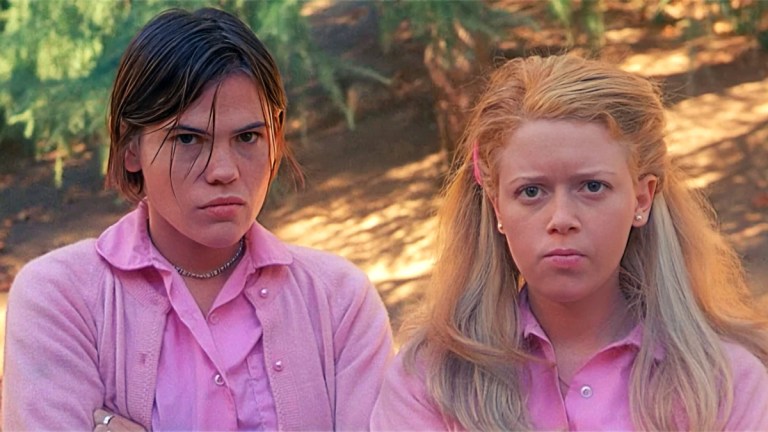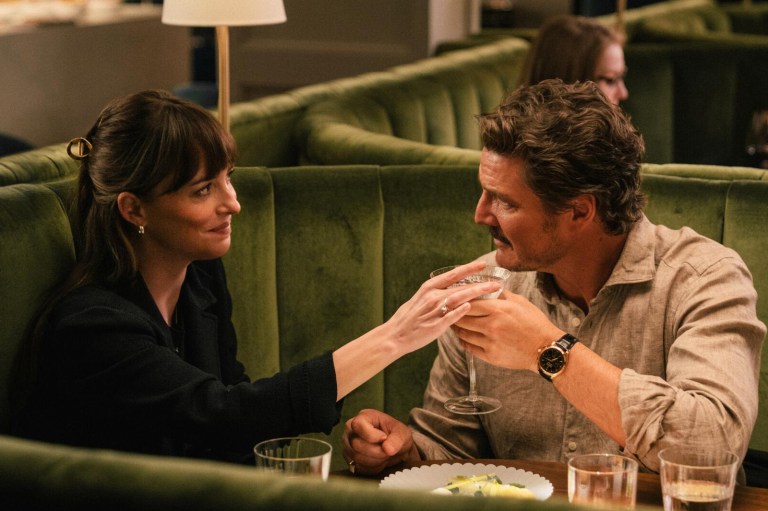
7 Common Misconceptions About Bisexuality
Would you ever say that a heterosexual person is attracted to everyone of their opposite gender? Probably not, but many people seem to think bisexuals are attracted to everyone.
I’ve been openly bisexual since senior year of college. And like many bisexuals, I’ve had to deal with negative stereotypes and internalized biphobia that made it difficult for me to come out. There are an unfortunate number of harmful stereotypes about bisexuals, and while I can’t change people’s minds, there are several ones I openly want to debunk right now.
1. Bisexuals are only attracted to men or women.
Because of the gender binary, there’s a common belief that bisexuality only encompasses attraction to two specific genders: male and female. This not only ignores nonbinary people and others who don’t fit in the gender binary, but it also restricts bisexuality; you must only experience attraction to men and women. The truth is, bisexuality encompasses attraction to more than one gender, and that means different things for different people. There are bisexuals attracted to nonbinary people, and nonbinary bisexuals exist. Like gender, sexual attraction is a spectrum, and there’s no one-size-fits-all for one sexuality.
2. Bisexuals are equally attracted to men and women.
Because of the first stereotype, many people believe that bisexuals are equally attracted to men and women. If you find a man attractive, you’re supposed to find women just as attractive, and vice versa. This stereotype is one of the reasons it took me so long to come out. The attraction I feel to men vs. women is not the same, and I thought that meant I was just straight and “experimenting.” It wasn’t until I met other bisexuals that I realized that attraction is not binary. Sexuality is complex, and people’s feelings will always be valid.
3. Bisexuals are attracted to everyone.
Would you ever say that a heterosexual person is attracted to everyone of their opposite gender? Probably not, but many people seem to think bisexuals are attracted to everyone. Bisexual means attracted to more than one gender, not attracted to everyone. We all have our own preferences based on many factors, many of which are out of our control.
4. Bisexuals always cheat.
People assume that, since bisexuals are attracted to more than one gender, we’re more likely to cheat on a partner if they’re in a monogamous relationship. But that’s not true. There are straight people who cheat on their spouses, and it has nothing to do with their attraction. Sexuality doesn’t determine if someone is going to break the trust of their partner after they’ve made a mutual commitment. That has to do with who they are as a person.
5. Bisexuals want threesomes.
This goes with the assumption that bisexuals are attracted to everyone. You can be attracted to multiple genders and still only want a monogamous relationship. Likewise, you can be attracted to only one gender but want to engage in a threesome. It’s simply a matter of preference of what kind of sex you like to have.
6. Bisexuals are “straight” if they date someone of the opposite gender or “gay” if they date someone of the same gender.
If bisexuals date someone of their opposite gender, people think they’re straight. If bisexuals date someone of their same gender, people think they’re gay. Who you date doesn’t change your sexuality. Only you get to label your sexuality and choose what’s right for you.
7. Bisexuality is a phase.
Because we live in a monosexual society, people think that you have to be either straight or gay, and that there’s no other sexuality. It’s true that some people find themselves identifying as bisexual at one point in their lives but later realize that they’re straight or gay or that another identity fits them better. Sexuality is fluid for many people. This is all fine, of course, but it does not mean that bisexuality is a phase and therefore not a real sexuality. It is. A bisexual person doesn’t stop being bisexual because they “grow out of it.” Bisexuals should be accepted for who they are and not second-guessed because of society’s narrow understanding of sexuality and gender binary.
Don’t let anyone invalidate your sexuality. You are who you are. Your understanding of yourself may change, but you are the only one who decides which identity, if any, best fits you. And that can change over time, but it’s all up to you—not anyone else. No one can tell you who you are; you are the only person who can do that.











